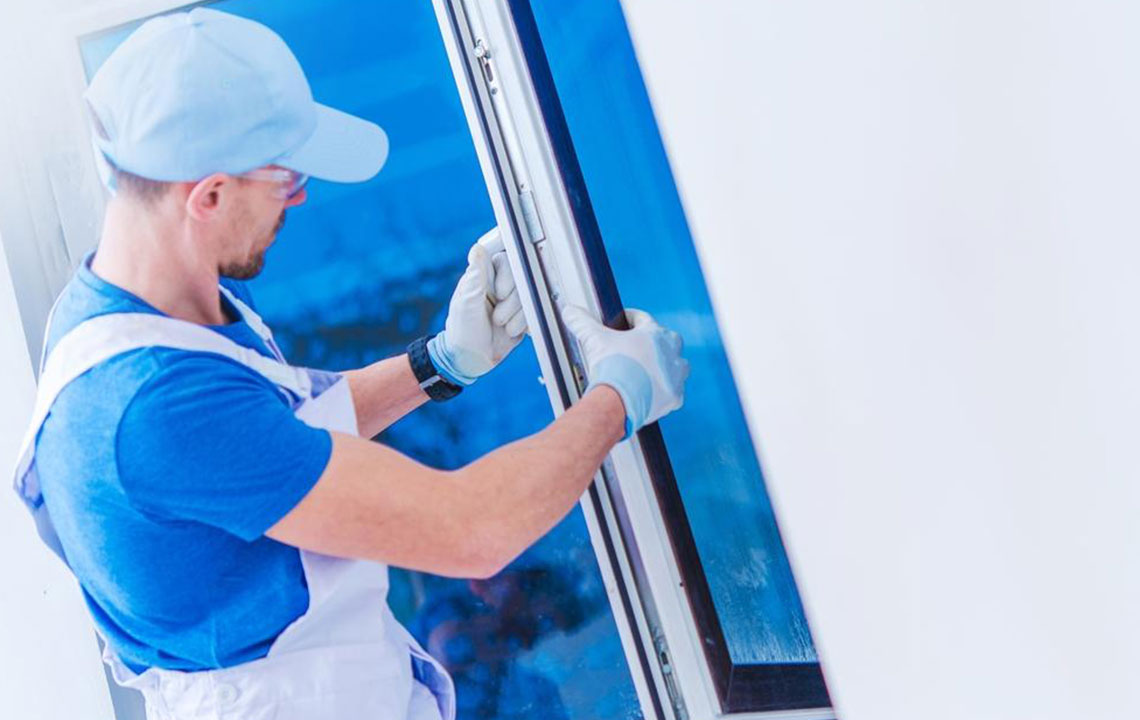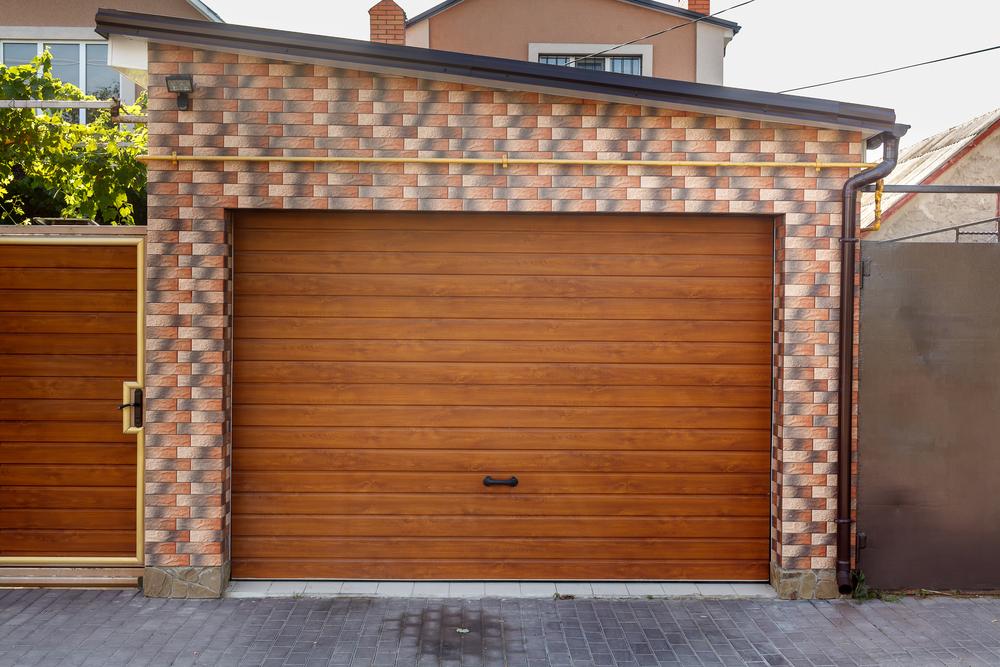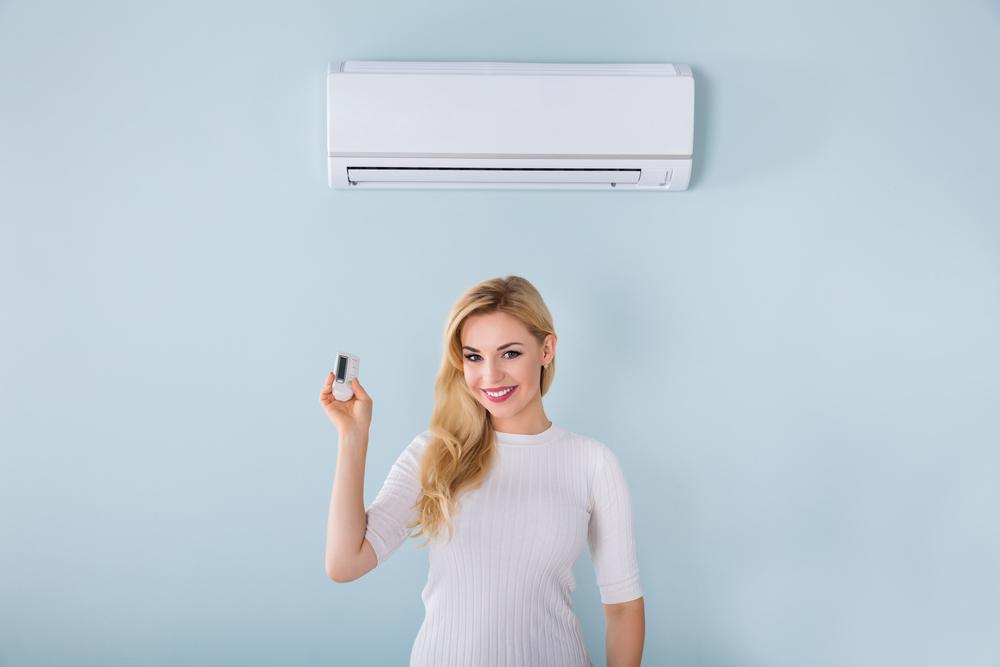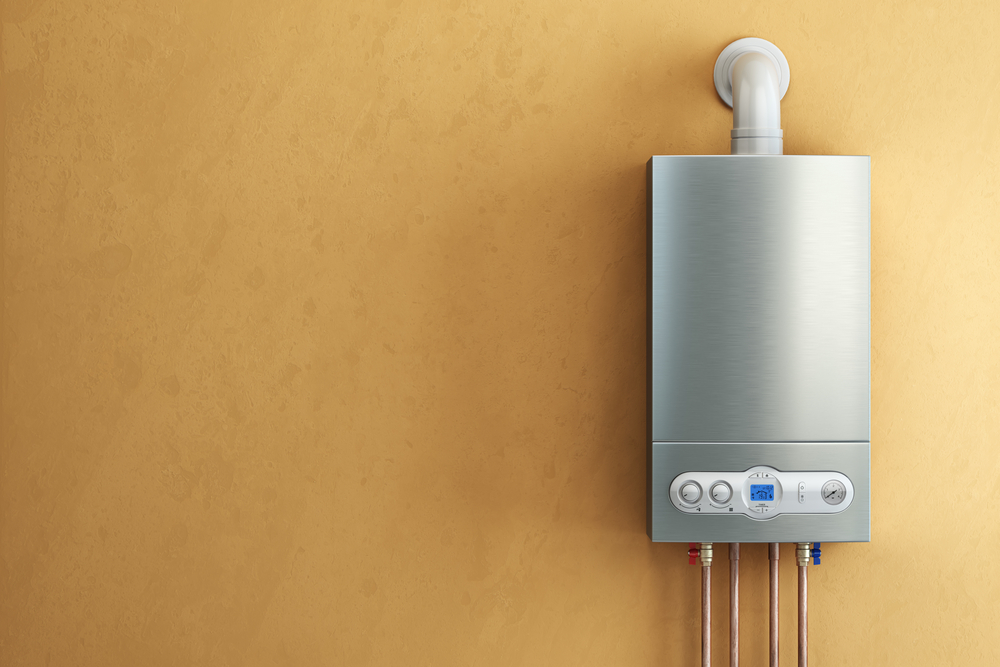Essential Guide to Choosing Tankless Water Heaters
Discover everything about tankless water heaters—from how they work and their benefits to installation tips and potential drawbacks. Ideal for small homes and larger households, these systems provide efficient, on-demand hot water while saving space and reducing energy costs. Learn how to choose the right model based on capacity, fuel type, and safety considerations for long-lasting performance and convenience.
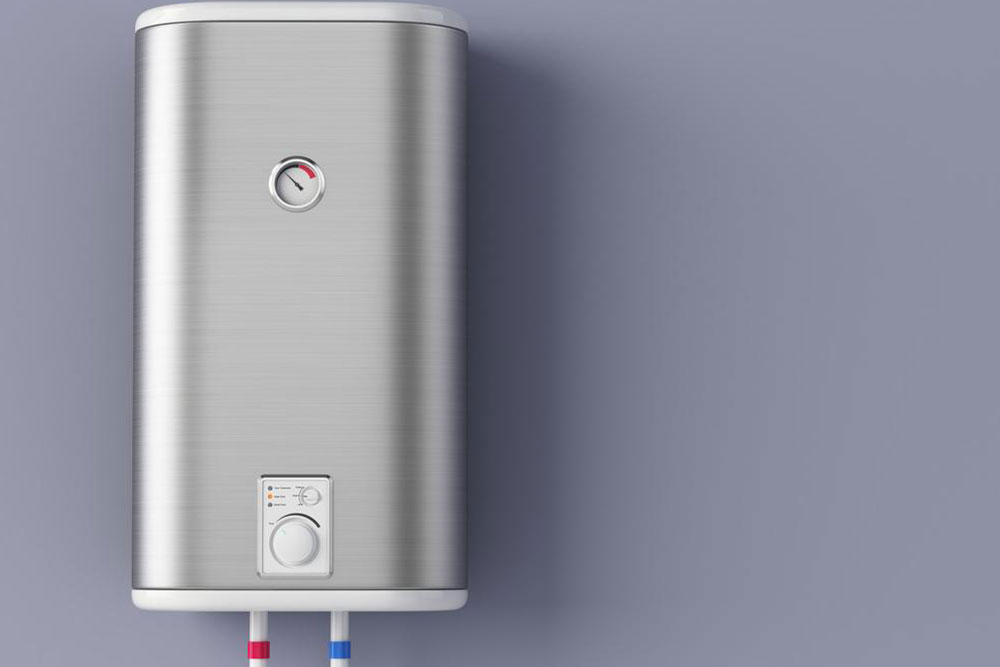
Essential Guide to Choosing Tankless Water Heaters
For those seeking on-demand hot water without skyrocketing energy bills, tankless water heaters offer an efficient solution.
Understanding tankless systems
Popular in Europe and Japan, these units deliver instant hot water only when needed, eliminating the wait associated with traditional tanks. They operate by heating water directly through a heat exchanger as it flows through pipes, set to your preferred temperature. Cold water is heated and flows continuously as long as power is supplied.
Powered by electricity, propane, or natural gas, these systems precisely match your hot water needs. Their design reduces standby heat loss, boosting overall energy efficiency. Without a storage tank, they take up less space and are less prone to corrosion, ensuring a longer lifespan.
Is a tankless heater suitable for your home?
If your daily hot water usage is under 40 gallons, a tankless unit is ideal. You can choose a point-of-use model for specific fixtures or a whole-house version for broader needs.
For larger households demanding higher hot water volumes, installing multiple point-of-use units can effectively lower energy costs. Although the upfront expense per unit is higher than traditional tanks, the long-term savings in utility bills and increased convenience make it worthwhile. Instant hot water delivery minimizes delays.
When selecting a unit, consider factors like fuel type, capacity, energy efficiency, and installation costs.
Installation tips
Choose reputable brands and ensure professional installation. This isn't a DIY project; proper setup must adhere to local codes and safety standards. For gas models, hiring licensed technicians is crucial for safety, especially considering the climate and fuel source.
Potential drawbacks of tankless units
They require precise flow rates to activate efficiently; otherwise, water wastage may occur. Gas models pose safety risks if not installed correctly, and managing hot water flow across multiple fixtures can be complex. Maintenance, while necessary, can be costly.
Note: Our blog offers diverse informational content based on thorough research. While helpful, these articles shouldn't be considered definitive. We aren't responsible for discrepancies or inaccuracies from external sources. Promotional offers or schemes mentioned may vary and could be more advantageous elsewhere.

